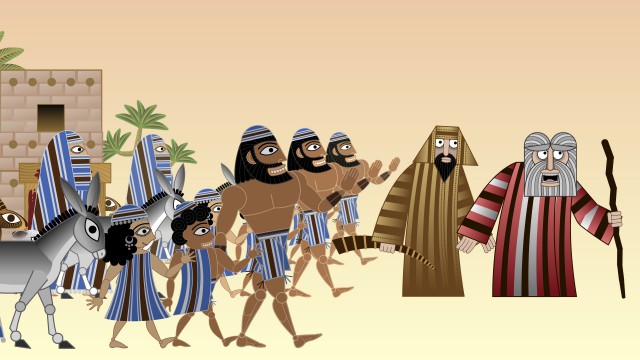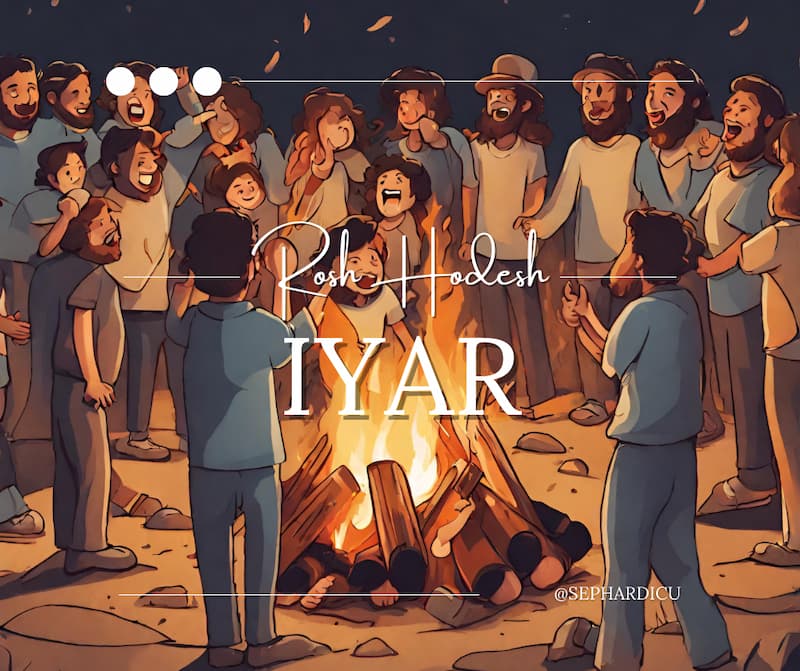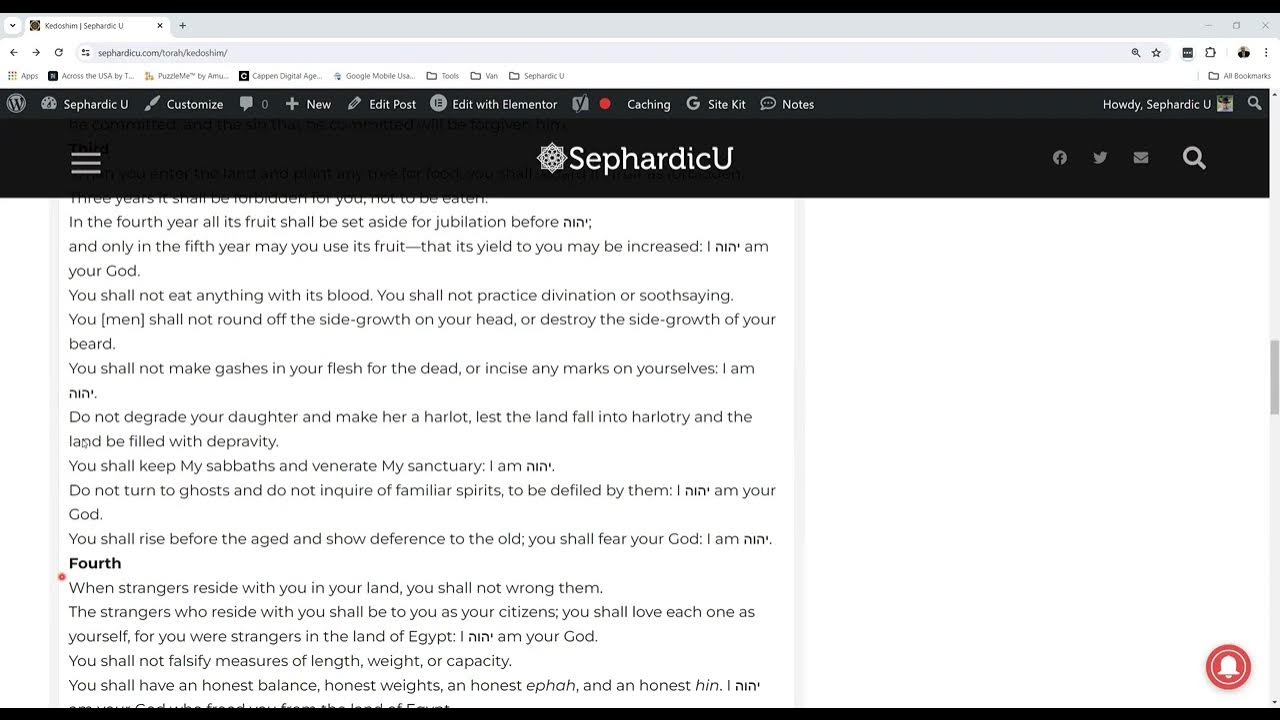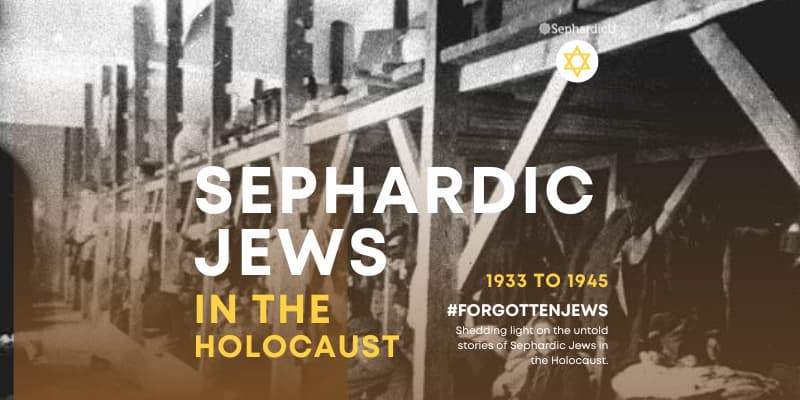Pesah Message
כנגד ארבעה בנים דברה תורה, האחד עוטף ביתו בנייר כסף, אחד דורש ביציאת מצרים כל הלילה, אחד סובל מכאבי בטן עד שבועות, ואחד חוגג “כושר סטייל” בפלורידה, וכולם, כל הארבעה, אוהבים את פסח
(מדרש חדש מן הגניזה האמריקאית)
The Torah speaks of four sons, one wraps his house in aluminum foil, one speaks of the Exodus all night, one is down with stomachache until Shavuot, and one celebrates the Seder “Kosher Style” in Florida, and all four simply LOVE Pesah. (A new Midrash from the American Genizah)
Why does everybody love Pesah? What is so special about Pesah that makes most Jews celebrate it in one way or another? Is it the food? The atmosphere? Sitting for hours with people you haven’t seen all year? Nostalgia?
It is probably all of the above, but mainly because of an idea conveyed in the first line of Dayenu:
אלו הוציאנו ממצרים ולא… דיינו
If God would have only taken us of Egypt, that would have been enough for us.
The rest of the poem goes on to list miracles, the giving of the Torah, and the building of the Temple, and many Haggadah commentators wonder how does that make sense. Would we really be happy if we just got out of Egypt and then left alone, wandering in the desert?
The answer is that this is what makes the story of Pesah so compelling. We return to the celebration year after year for the amazing narrative, and it is not about the Promised Land, the ultimate goal. No, it is about the Exodus. The getting out of Egypt. It is the power to believe that no matter how narrow is the place in which we are stuck (מצרים=צר), we can overcome. In Egypt we were assisted by explicit miracles, but in thousands of years of exile, diaspora, and persecutions, we clung to the miracle of faith, perseverance, and hope. No other nation was able to accomplish what the Jews did in the years following WWII, turning from a hunted, decimated nation, to the builders of the State of Israel and salient achievers in all fields. We were driven by the narrative of Pesah, the Exodus, which, despite all miracles, rests on the shoulders of humans.
Moshe was chosen to be the messenger to Pharaoh because he was the one who rebelled against slavery and tried to awaken the Israelites. Though they rejected him originally, God appoints him as their leader because of his willpower and call to action. Moshe is reluctant because of his first failure to move the people, and he claims that if God is going to pull them out by miracles, He doesn’t need Moshe. God’s answer is that even with Divine assistance, the Exodus cannot happen without human leadership, without Moshe’s deep conviction that slavery is evil and that the time has come to get up, rebel, and leave.
But Moshe did not grow up in a vacuum. His life and beliefs were shaped by strong women. Shifra, Puah, Yokheved, Miriam, and Pharaoh’s daughter each taught Moshe a life lesson. Each of them, in her individual wat, stood up to the tyrant and never gave hope. Their story and the story of Moshe are at the core of the Exodus.
As we sit around the Seder table we mull over this narrative, even if only subconsciously. And whether our narrow place this year is one of relationship, employment, financial hardships, or a crisis of faith, we should be able to derive strength from Pesah and make the first step, a step out of the narrow place into the open.
This year, we will be Dayenu Strong.









